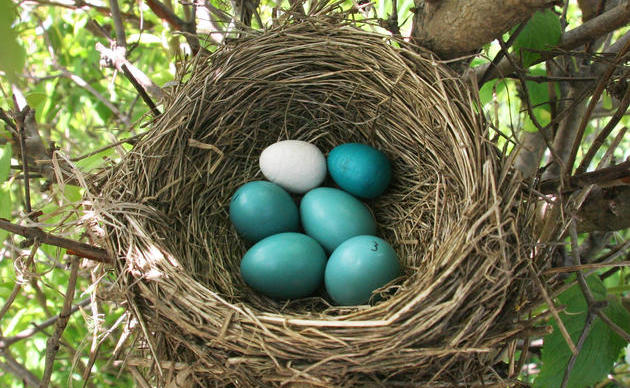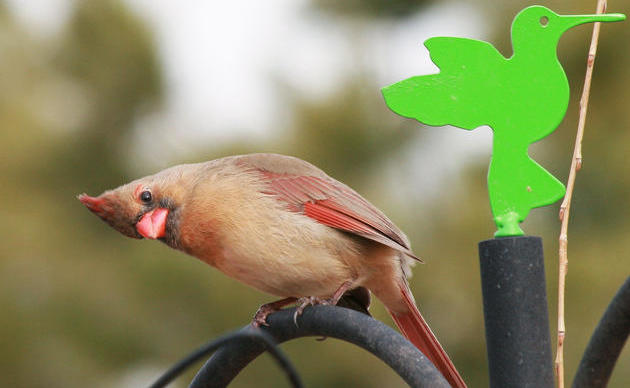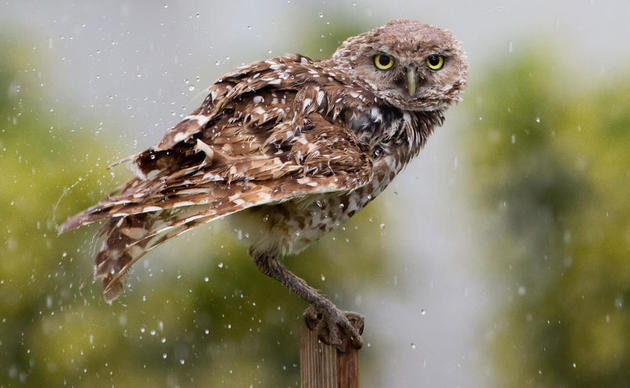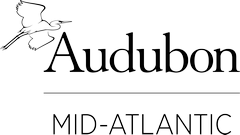WASHINGTON (January 23, 2020) - "The Trump Administration's new water rule makes it a lot easier to pave America's critical wetlands and put up parking lots," said David Yarnold, President and CEO, National Audubon Society (@david_yarnold) after the Administration announced the finalization of its rollbacks to the Clean Water Act. "Wetlands are not only important places for birds, they also are natural buffers that absorb flood waters and purify water for us all."
The newly published, Navigable Waters Protection Rule, removes Clean Water Act protections for many rivers, streams, and wetlands that could allow them to be altered, degraded or filled. For example, a large number of streams and wetlands that are only wet for part of the year are now exept from Clean Water Act protections. Some 138 species and subspecies of birds in the U.S. are designated as "wetland dependent" and many more are threatened by the new rule.
"This disintegration of Clean Waer Act protections further threatens birds by putting critical habitat at risk of pollution and destruction of habitat," said Julie Hill-Gabriel, Vice President for water policy at the National Audubon Society. "We've already lost 3 billion birds in the past 50 years and we know that two-thirds of North American bird species are at risk of extinction from climate change."
Birds use lakes, tributaries, streams, ponds, wetlands, prairie potholes, and other water bodies for breeding, nesting, and raising young. These water bodies provide crucial sources of drinking water and food, stop-over locations during migration and needed shelter for birds as they seek protection from predators and harsh weather.
Audubon opposed this rule change and submitted a formal letter to the Administration last year.
The rule will adversely impact birds in the arid southwest, in the Great Lakes to the north, in the Everglades to the south, and in the Delaware River basin to the east. The Clean Water Act is one of our most powerful environmental laws. The final rule undermines the science-based defintion of "Waters of the United States" and is another example of this Administration passing laws and policies that are bad for birds and people.
##
Media Contact: Carrie Barron, carrie.barron@audubon.org
The National Audubon Society protects birds and the places they need, today and tomorrow. Audubon works throughout the Americas using science, advocacy, education and on-the-ground conservation. State programs, nature centers, chapters, and partners give Audubon an unparalleled wingspan that reaches millions of people each year to inform, inspire, and unite diverse communities in conservation action. A nonprofit conservation organization since 1905, Audubon believes in a world in which people and wildlife thrive. Learn more on how to help at www.audubon.org and follow us on Twitter and Instagram at @audubonsociety.





